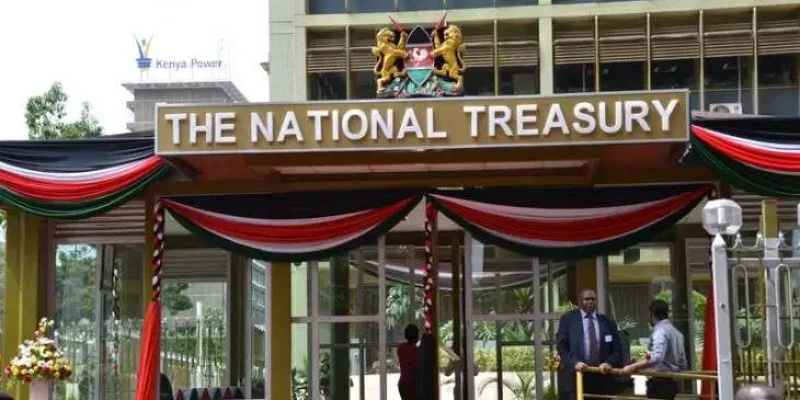The government collected Sh90.54 billion from the road levy between July and March this year after raising the tax on petrol and diesel, tightening pressure on motorists already grappling with high fuel costs.
This was a Sh29.3 billion increase compared to the Sh61.18 billion raised in the same nine-month period last year.
The surge followed the jump in the Road Maintenance Levy (RML) from Sh18 to Sh25 per litre, which came into effect last July despite earlier assurances from then Transport Cabinet Secretary Kipchumba Murkomen that the increase would be held off.
The levy is charged on every litre of petrol and diesel sold. During the review period, fuel consumption rose to 3.62 billion litres, up from 3.39 billion litres the year before — helping drive up the total collections.
Last July, Murkomen had told the public: “Kenyans have told us that, yes, you need money but make sure you do not raise fuel at the pump. We shall think how to do this because we are paid to think.” But the ministry later went ahead and approved the levy increase, backing the push by the Kenya Roads Board (KRB), which handles the fund.
KRB argued it needed more money to maintain the growing road network and had initially proposed raising the rate to Sh34 per litre.
“To address the funding shortfall, it is proposed that the RMLF rate be revised upwards effective July 2024.
Based on the annual maintenance requirement of Sh157 billion, the ideal fuel levy rate ought to be set at Sh34/litre,” the board stated.
The hike has kept pump prices high, forcing the State to occasionally cushion consumers by subsidising fuel.
Without the relief measures, Kenyans would have paid even more due to the Sh25 levy burden included in fuel costs.
Data from the Energy and Petroleum Regulatory Authority shows diesel use rose to two billion litres in the nine months to March, from 1.91 billion litres a year earlier. This pushed road levy collections on diesel to Sh50.12 billion from Sh34.39 billion.
Petrol consumption also increased, climbing to 1.62 billion litres from 1.48 billion litres the previous year. This saw the government collect Sh40.42 billion from petrol, up from Sh26.78 billion.
The higher rate has helped the government boost revenue, but it has also added to the cost of living and sparked debate over whether more levies are the right approach to fixing infrastructure gaps.
